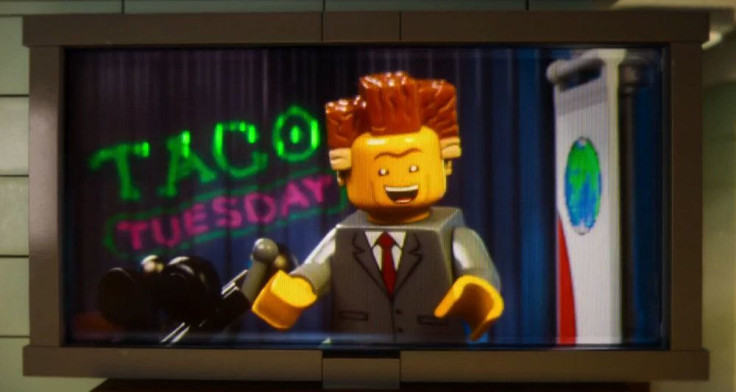Amazon's Brand Loyalty Should Support Its Fights With Hachette And Time Warner

Like a familiar-feeling sequel to Amazon.com's (NASDAQ:AMZN) dispute with publisher Hachette Book Group, the mega-online retailer is now going head-to-head with movie studio Warner Bros., refusing to accept preorders for a handful of DVD and Blu-Ray releases that include the hit film “The Lego Movie,” according to the New York Times.
While Amazon wrangles over contract terms with Time Warner Inc.’s (NYSE:TWX) Warner Bros., does the online retailer's anti-preorder stance also risk brand damage with consumers? After all, it was only last month that the e-vendor told shoppers that if they needed certain Hachette titles (such as, ahem, JK Rowling’s latest novel), they were welcome to take their business elsewhere.
Yet despite the immense popularity of Legos brought to life on screen, this particular spat isn’t likely to cost Amazon much in terms of consumer loyalty, according to Robert Passikoff, founder and president of the research consultancy Brand Keys.
“Ultimately, what it will come down to for a consumer is how emotionally engaged he is with one brand versus another,” Passikoff said. “Engagement levels for Amazon are much higher than they are for Warner Bros.”
By “engagement,” Passikoff means how well a brand lives up to a consumer ideal and delivers on expectations. Passikoff’s firm has published the Customer Loyalty Engagement Index for the past two decades, an annual poll of tens of thousands of people across the nine U.S. census regions. The more engaged consumers are with a brand, the more likely they are to buy from that brand, and to give that brand “the benefit of the doubt,” Passikoff said.
Amazon has scored No. 1 in the online retail category for 18 years running. This year, Amazon achieved a 93% customer engagement rating, similar to its rating in years past, Passikoff said. Customers evaluate the company on measures such as range of merchandise, brand reputation, customer service and security, and dollar-for-value.
By contrast, Brand Keys does not even bother to survey consumers about their engagement with movie studios, Passikoff said, because it is not worth the investment of time and resources to do so. “[Consumers] know the movies,” Passikoff said. “They don’t know who the distributor is.”
Passikoff’s isn’t the only consumer survey in which Amazon continues to come out on top. As Bloomberg reported, the company was the “best-perceived brand in the U.S. last year,” according to polling by the research firm YouGov, and it's also top-ranked on the American Customers Satisfaction Index.
Bloomberg also noted the dearth of customer commentary on the retailer’s Web site:
A comment thread on Amazon.com under the subject line “Why isn’t this available for pre-order?” has less than 20 comments, and many people seem more confused than angry. If there were really a groundswell of public sentiment, the media probably would have gotten wind of this weeks ago when Amazon actually stopped accepting pre-orders for Warner movies.
“Certainly the rabid fans, the rabid readers are not going to be happy about” Amazon’s decision to block preorders, Passikoff said. “Until they need to buy the next book or the next video, and there it is on Amazon.”
© Copyright IBTimes 2025. All rights reserved.





















